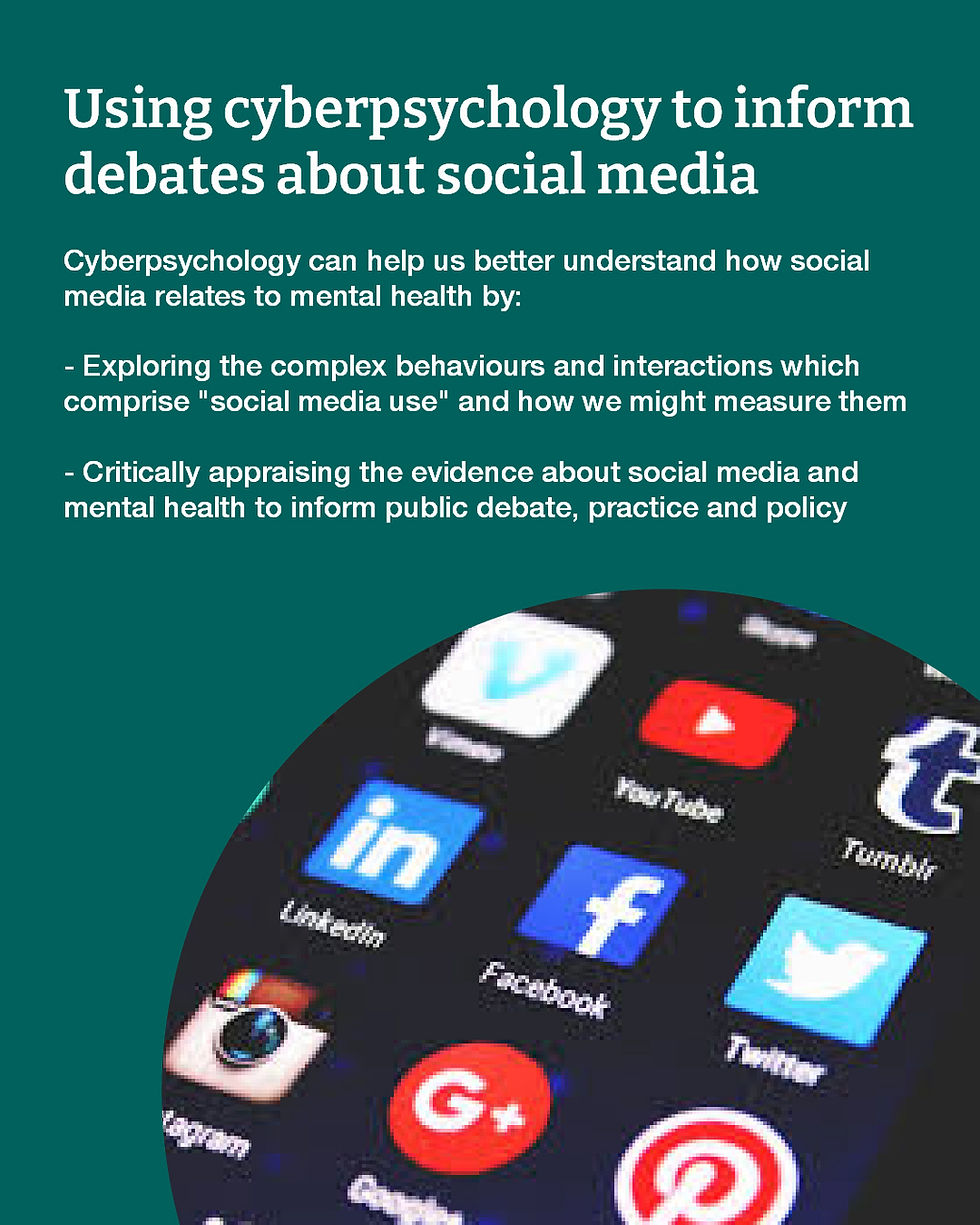Moral misconduct in academia
- LindaKKaye

- Jun 16, 2019
- 3 min read
As lecturers, we invest a lot of our time in upholding good standards and academic quality, particularly with regards to preventing, monitoring and policing academic malpractice with our students. The invention of plagiarism detection software and similarity reporting can support our endeavours in this regard, although are not in themselves a full solution to all forms of malpractice. The rise in essay mills is an increasing threat to universities, whereby some students turn to these to attempt to cheat the system.
Despite there being recent proposals in the UK to criminalise such forms of cheating, there remain ongoing issues within academia which unfortunately relate more to moral rather than legal issues. Indeed, the issues extend far beyond student behaviour and illustrate that some academics and researchers will compromise on moral integrity, often to “get ahead” in the system. I will be using two key instances of my own personal experiences as examples here.
Example 1- Plagiarism of my work
In 2012, I published my first research paper on “Putting the fun factor in gaming” in the International Journal of Internet Science. A few years later, I was casually reading a paper, recommended via my Google Scholar account, when I felt there was one section which was strangely familiar to me. The paper was published in 2015 in the “Journal of Danubian Studies and Research” (no I hadn’t heard of it either!) The whole section which the author had written on “Social experience and online gaming” was basically the whole of my narrative from one section of my paper but with some changes to the wording. The author had even used pretty much every single citation in the same way I had. In the context of student malpractice, this would be grounds for a disciplinary meeting of suspected major malpractice. I wrote to the editor of the “Journal of Danubian Studies and Research”, armed with copies of text from both articles and an email with my serious concerns expressed. I did not receive any acknowledgement or reply. This was strange especially given the journal home page had a very clear and explicit statement about academic malpractice evident

I wrote to the editor of the journal my article was published in, and he was very supportive of my concerns and wrote himself to the other editor to express these, making the recommendation that the article should be retracted. He did receive a reply from editor to the effect that he would request the author make changes to the article to ensure that I was accurately cited. This was not the action we wanted. This did not resolve the fact that this author had used my narrative as his own. A few weeks later, the article had been revised but only with a citation to my article included. The article remains in this form to this day.
Example 2: A sneaky “collaborator”
Another experience I have had with moral misconduct in academia relates to an instance where my research ideas were stolen and then published by someone who had previously posed as an overseas research collaborator. My colleague and I were finalising our first research project on stereotype threat and gaming (now published here). I had met someone at a conference who was very supportive of my research, and he had put me in touch with his colleague who was interested in our stereotype threat and gaming work. We had numerous Skype conversations particularly as we had met his Masters student and we supporting her research using the paradigm we were using, with the intention that this could be a joint research project and paper. However, in the months which followed, we had radio silence from him, only to see a few months later that he had published a paper using our ideas, with no acknowledgement of our input. This paper appeared in the journal which was the same one ours was due to be appearing in, a few issues later.
Final thoughts
Clearly, these aren’t “legal” issues, but they do highlight the that there are people out there who either lack competence as researchers or have a misaligned moral compass. Either way, academia would be better off without them.



Comments